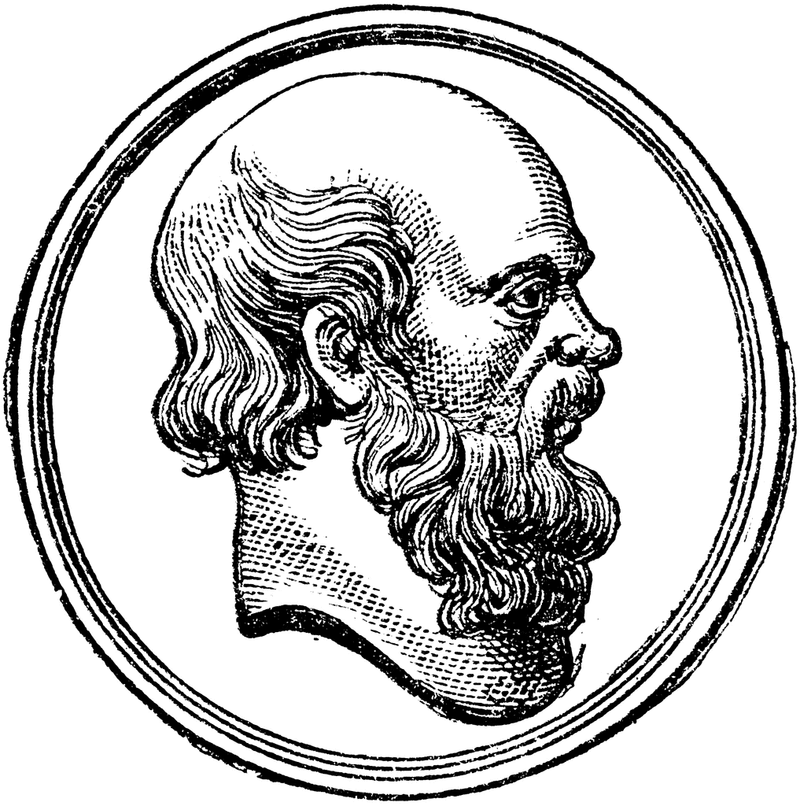Janet Arey’s Updates
Socratic Dialogue to Enhance Classroom Equity
Traditional didactic classrooms focus on memorizing content in predefined areas. You learn more if you are willing or able to memorize more, whether the content is facts, concepts, or theorems. In this manner, expert knowledge isn’t created, it is amassed. If we reframe our educational efforts with a goal of building a collective intelligence, we need to accept that each person or individual has valuable knowledge, skills, and experiences. This is a fundamental shift from the belief in teacher/professor-as-expert and student-as-learner, and allows us to build a more participatory and just classroom.
Socratic dialogue is an effective way to encourage students to contribute their personal knowledge to enhance the collective intelligence of their classroom. What is the Socratic Method? It is a “method of inquiry and instruction employed by Socrates….consisting of a series of questionings the object of which is to elicit a clear and consistent expression of something supposed to be implicitly known by all rational beings.”
The Socratic Method can be time-consuming because it involves a great deal of question-asking, thinking and reflecting. However, much evidence exists in support of reflection as effective at promoting knowledge transfer, and there are ways to incorporate the reflective process into almost any classroom. Generating curiosity and encouraging multiple perspectives are two key factors for successful discussions according to the University of Waterloo’s Center for Teaching Excellence. Resources for introducing Socratic-style discussions can be tailored to classrooms at every level.
One of the most important outcomes of introducing Socratic dialogue is that it helps remove the argument approach from the classroom. Instead of a right or wrong answer, or more or less evidence, students are encouraged to build meaning together. Students need to listen, consider, think, scrutinize and revise without focusing on “winning” the argument. We know that the best academic papers address the nay-sayer or evidence that may be contrary to a thesis or finding. Socratic dialogue builds that challenge into the process of reaching consensus. Also, “evaluation” is easily changed from summative point-in-time judgements to formative assessment moments throughout the meaning-making process.
“Socratic Method.” https://www.merriam-webster.com/dictionary/Socratic%20method



